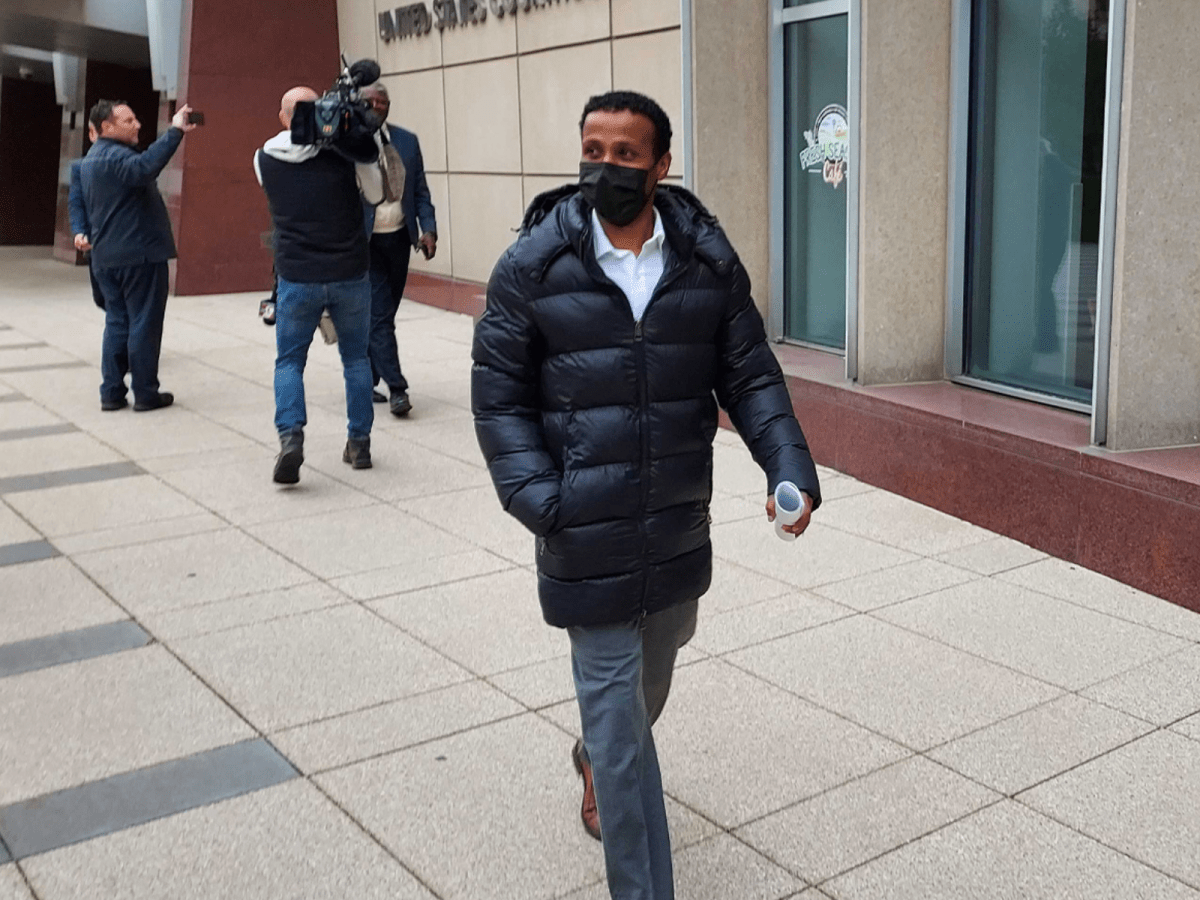The Department of Justice, the city of Minneapolis, and Minneapolis police have reached an “agreement in principle” to enter a consent decree where they would agree to reform measures that are enforced by a federal court and monitored by an independent body.
Negotiations are underway following the June 16 reveal of the DOJ’s investigation into Minneapolis police misconduct. The two-year federal probe found that Minneapolis police engages in a pattern of discrimination and retaliation.
Federal pattern or practice investigations originated in the wake of the 1991 Rodney King incident, when Los Angeles police were recorded on videotape beating King after a highway chase while he was driving intoxicated. A jury acquitted the police officers, sparking several days of rioting in LA.
The 1994 Violent Crime Control and Law Enforcement Act, best known as the Clinton Crime Bill, gave the federal government the authority to investigate police departments for alleged unconstitutional practices. Federal pattern or practice probes reached their peak under President Barack Obama’s Justice Department, which conducted investigations into 23 different police departments across the nation.
One of the investigations and resulting consent decree was in Newark, New Jersey, where current Minneapolis Police Chief Brian O’Hara was serving at the time as a police captain. He later also served there as deputy police chief.
President Joe Biden revived the effort with probes into police departments in Minneapolis and Louisville, Kentucky, following the police killing of Breonna Taylor. Earlier this year, the Department of Justice found wrongdoing in the Louisville Metro Police Department.
Proponents who believe federal pattern or practice investigations are a means to police reform cite success stories like Detroit, which saw police shootings drop by 60 percent five years after it entered a consent decree. They also point to Seattle, which saw police use of force incidents drop by 63 percent seven years after the department entered a consent decree.
In a consent decree, the federal government, local government, and the police department under investigation agree to reform measures that are enforced by a federal court.
But consent decrees are lengthy, expensive, and can result in bad relations between police unions and the federal government. Most consent decrees feature a court-appointed independent monitor who follows the progress of reforms and mediates between the police department and the federal government.
Albuquerque, New Mexico, is in its eighth year of a consent decree; city taxpayers have paid close to $10 million to employ its independent monitor in those years.
According to the Department of Justice’s website: The Minneapolis case is one of eight investigations into law enforcement agencies opened during this administration by the Civil Rights Division of the Justice Department under Section 12601.
The department has ongoing investigations into the Phoenix Police Department; the Mount Vernon Police Department; the Louisiana State Police; the New York City Police Department’s Special Victims Division; the Worcester Police Department; and the Oklahoma City Police Department.
The department has issued Section 12601 findings reports in the past year regarding the Louisville Metro Police Department, as well as the Orange County District Attorney’s Office and Sheriff’s Department.






